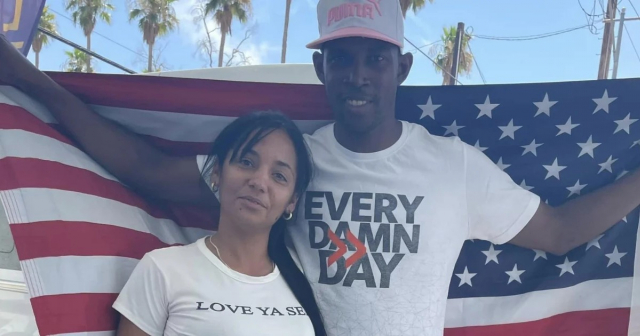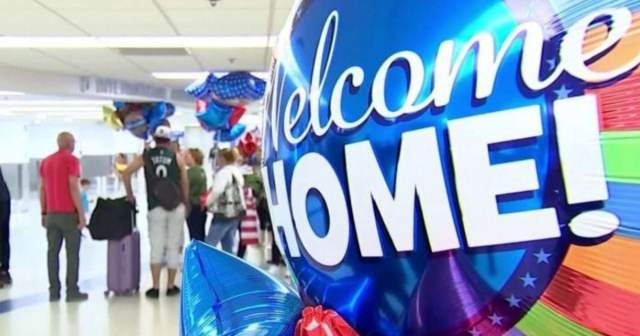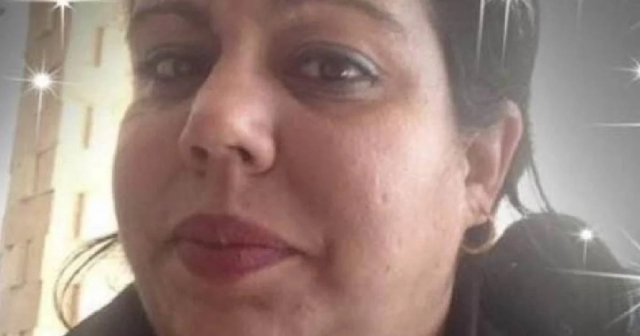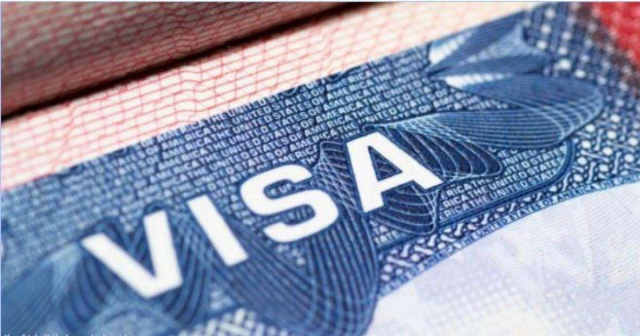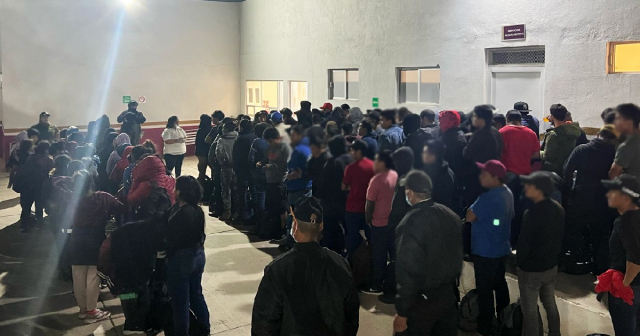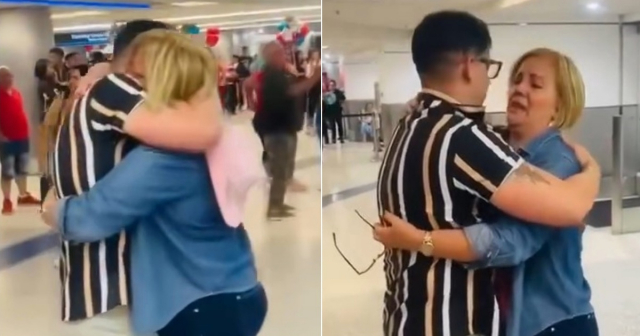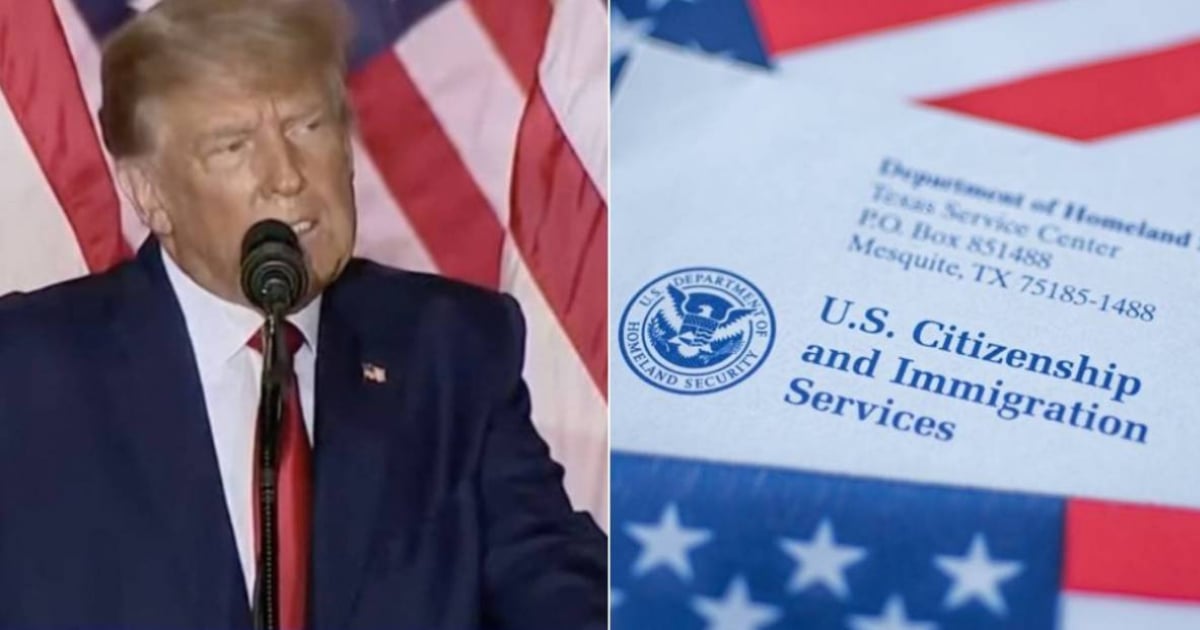
The return of Donald Trump to the presidency of the United States could mean the end of the humanitarian parole that has allowed the legal entry of thousands of immigrants into U.S. territory.
Lawyers consulted by Univisión warned that at this moment the program is not in danger, but if there is a change in administration after the presidential elections on November 5, immigrants with pending applications should be alert.
The executive order authorizing humanitarian parole remains in effect, despite President Joe Biden announcing that he is withdrawing his candidacy for the presidency.
It is assumed that if the Democrats win the elections, they will maintain their policies, perhaps with adjustments but not radical changes. However, if the Republicans win, the outlook for immigrants is less hopeful.
Trump recently accepted the Republican nomination for the 2024 elections and made his strong stance against immigration clear, as well as his intention to implement stricter policies on the matter. In the speech, he reaffirmed his commitment to launch "the largest deportation operation in the history of the United States."
The statement aligns with the actions during his term, when he implemented policies aimed at reducing immigration and strengthening border security. On this occasion, Trump promises even harsher measures, arguing that "people must enter the U.S. legally."
The humanitarian parole, a route created by the administration of President Joe Biden for immigrants from Cuba, Venezuela, Nicaragua, and Haiti to legally enter the United States.
Until early July 2024, this program has allowed the entry of over 106 thousand Cubans, according to data from the U.S. government.
The Republican opposition, led by figures such as Senator Marco Rubio, has been consistent in its rejection of this policy, arguing that it is not a viable long-term solution and could encourage illegal immigration.
The continuity of humanitarian parole has also been supported by favorable judicial decisions. In March, federal judge Drew Tipton of the court in Victoria, Texas, upheld the program despite attempts by the 21 Republican states that sued the federal government over this issue to block it.
However, Trump's rhetoric and his record of anti-immigrant policies create uncertainty about the future of this program. Trump has pointed out on several occasions that his administration will focus on strengthening immigration laws and ensuring that only those who enter legally can remain in the country.
Many lawyers and experts in immigration issues claim that Trump's return to the White House could bring about a complete review of current immigration policies, including humanitarian parole.
The immigrant community, especially the Cubans who have found in this program a hope for a better life in the United States, faces an uncertain future with the possibility of a second term for Trump.
The immigration policy of the United States is at a crossroads, and the 2024 elections will be crucial in determining its direction.
What do you think?
COMMENTFiled under:

